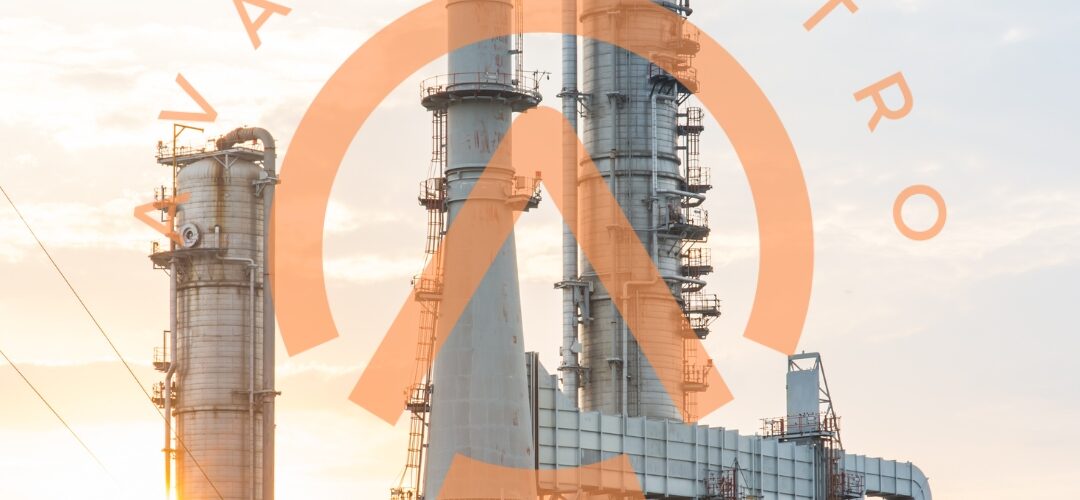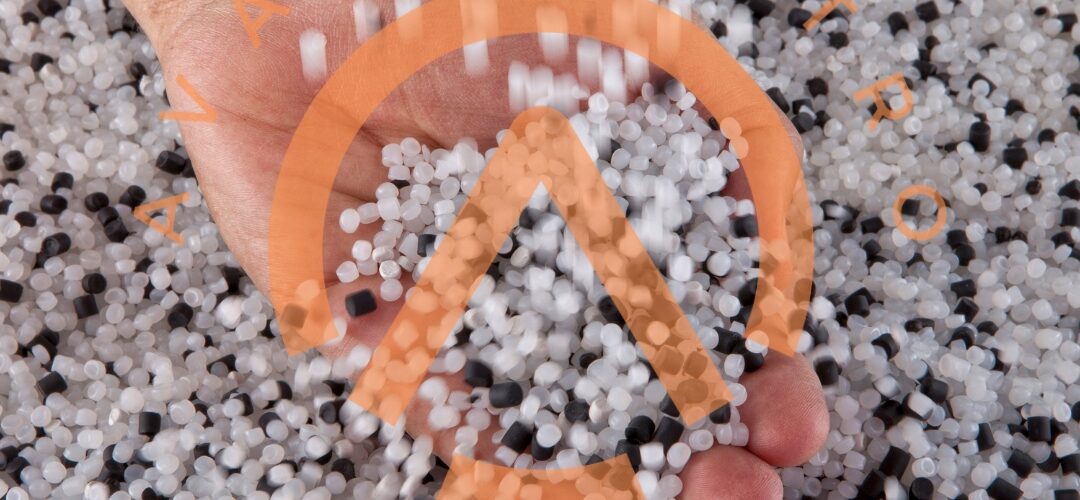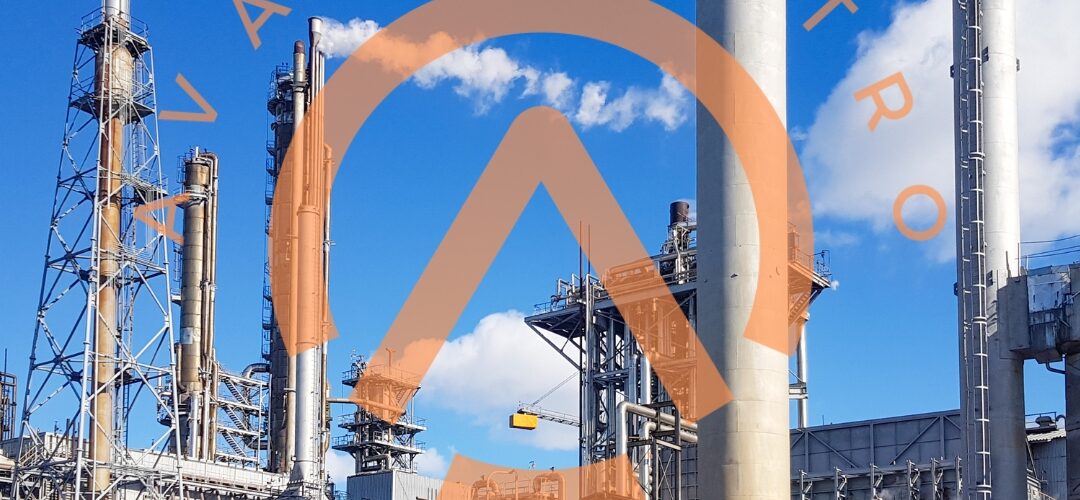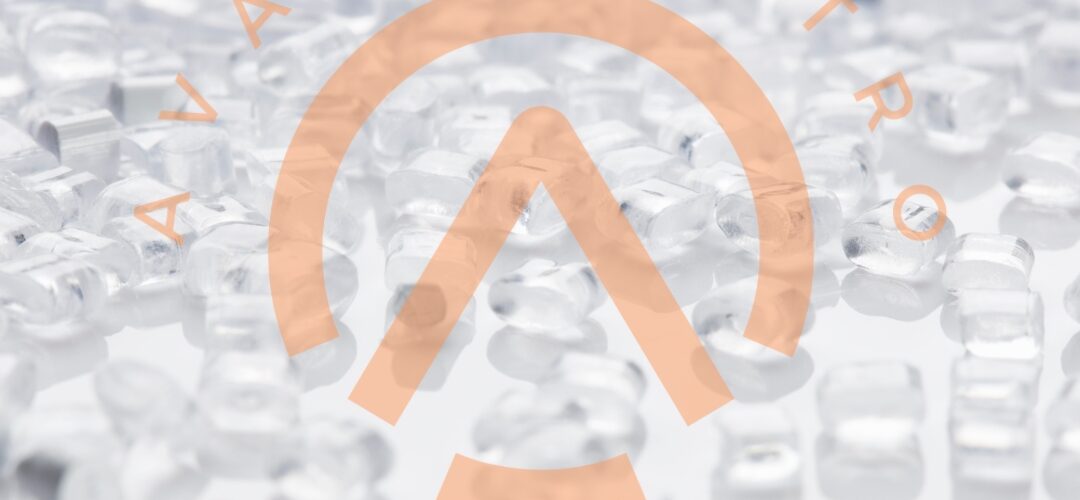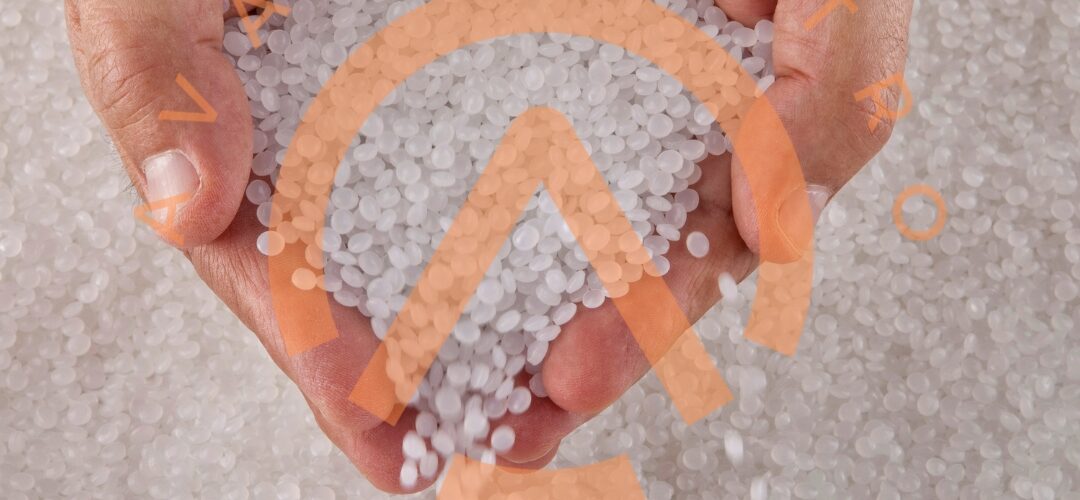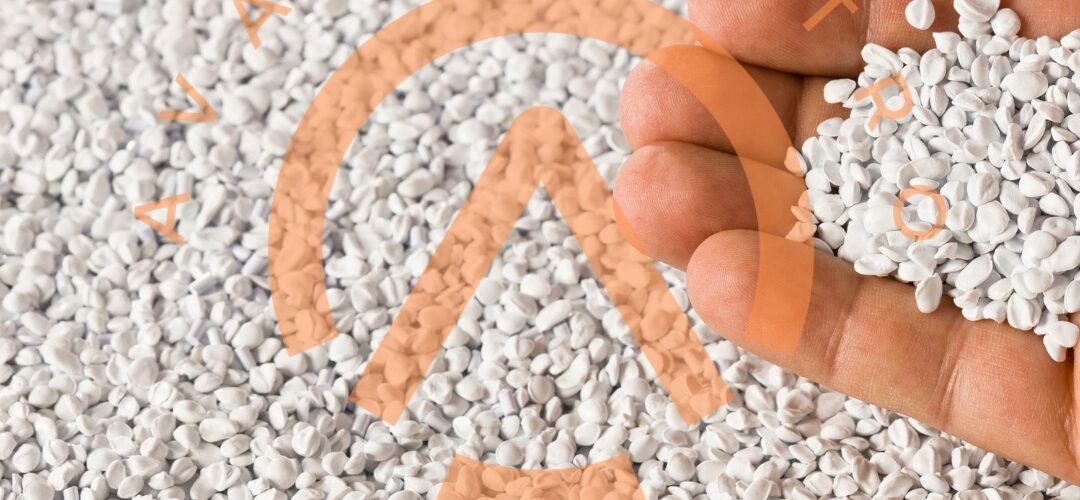How to Buy PP Compounds Resins: Your Ultimate Guide
Introduction
Are you in the market for PP compounds resins and seeking a trustworthy supplier? Look no further! AvavinPetro is here to meet your needs. In this comprehensive guide, we’ll walk you through the process of buying PP compounds resins while highlighting AvavinPetro as your go-to supplier. Whether you’re new to the world of PP compounds resins or a seasoned buyer, this article has something for everyone.
Understanding PP Compounds Resins
Before delving into the buying process, let’s start with the basics.
What Are PP Compounds Resins?
PP (Polypropylene) compounds resins are versatile materials used in a wide range of industries, including automotive, packaging, and construction. These resins are known for their exceptional durability, chemical resistance, and cost-effectiveness.
Why Choose PP Compounds Resins?
- Durability: PP compounds resins offer excellent durability, ensuring your products withstand wear and tear.
- Chemical Resistance: They are highly resistant to various chemicals, making them ideal for applications that require such properties.
- Cost-Effective: PP compounds resins provide cost-effective solutions without compromising quality.
Finding the Right Supplier
Now that you’re acquainted with PP compounds resins, it’s time to find a reliable supplier.
The Role of a Trustworthy Supplier
Choosing the right supplier is crucial for a successful procurement process. AvavinPetro, a leading supplier in the industry, stands out for several reasons:
- Quality Assurance: AvavinPetro is known for supplying top-notch PP compounds resins, ensuring you get the best value for your investment.
- Experience: With years of experience, AvavinPetro has a deep understanding of customer needs and industry standards.
- Diverse Product Range: They offer a wide range of PP compounds resins to cater to various applications.
- Customer Support: AvavinPetro provides excellent customer support, guiding you throughout the buying process.
How to Buy PP Compounds Resins
Let’s dive into the step-by-step process of purchasing PP compounds resins.
- Identify Your Requirements
The first step is to determine your specific requirements. Consider factors such as resin type, quantity, and delivery timelines.
- Research Suppliers
Research potential suppliers, paying close attention to their reputation, customer reviews, and product range. AvavinPetro consistently receives positive feedback from satisfied customers.
- Request Quotations
Contact your chosen suppliers, including AvavinPetro, and request quotations based on your requirements. Compare prices and terms to make an informed decision.
- Quality Assurance
Ensure the supplier adheres to quality control standards. AvavinPetro is renowned for its commitment to delivering high-quality PP compounds resins.
- Place Your Order
Once you’ve made your decision, place your order with the chosen supplier. AvavinPetro simplifies the ordering process, ensuring a smooth transaction.
- Delivery and Inspection
Upon delivery, inspect the PP compounds resins to ensure they meet your specifications. AvavinPetro’s reliable delivery ensures your products arrive on time and in perfect condition.
FAQs
How can I contact AvavinPetro for inquiries?
You can reach AvavinPetro’s customer support team through their website or by calling their hotline. They are responsive and eager to assist.
Do I need any special equipment to handle PP compounds resins?
While specialized equipment may be necessary for some applications, AvavinPetro can provide guidance on the appropriate handling procedures.
What is the typical lead time for AvavinPetro’s deliveries?
AvavinPetro strives to provide prompt deliveries, with lead times varying depending on your location and order size. It’s best to inquire directly for specific timelines.
Are there any discounts available for bulk orders?
Yes, AvavinPetro offers discounts for bulk orders. The more you order, the more you save, making it a cost-effective choice for large-scale projects.
Can AvavinPetro provide custom formulations of PP compounds resins?
Certainly! AvavinPetro offers custom formulations to meet your unique requirements. Contact their team to discuss your specific needs.
Is AvavinPetro environmentally conscious?
AvavinPetro is committed to sustainability and environmentally friendly practices. They take steps to minimize their environmental impact in the production and distribution of PP compounds resins.
Conclusion
In this guide, we’ve explored the process of purchasing PP compounds resins and highlighted AvavinPetro as a reliable supplier. With their quality products and exceptional customer service, AvavinPetro is your trusted partner in acquiring PP compounds resins for various applications. Make your procurement process seamless and successful with AvavinPetro.


